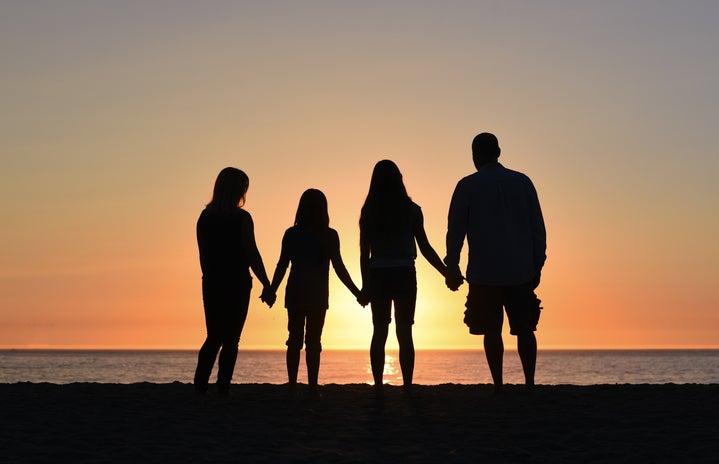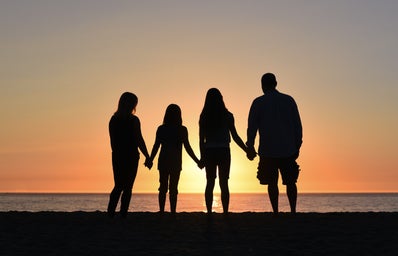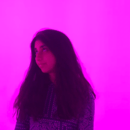Vlogging. A simple, fun, and engaging concept. But what happens when the ones constantly vlogged are not the ones vlogging? To put it simply: exploitation.
Family vlogging channels have existed on YouTube since the platform was created in 2005. These channels, usually run by the parents, follow the family’s day-to-day lives. Meaning that if the kids are having the worst day ever, like their dog just died kind of awful day, best believe the parent is going to have the camera on ready to roll.
In this video, she instructs her son to “act like [he’s] crying”.
Prioritizing a thumbnail over comforting her own son shows how detached this mommy vlogger is from… being a mother. This is unfortunately the case for so many of these parents who run these channels. Choosing to sensationalize their child’s painful moments is how they get views — and this is where the root of the problem with these family vlogging channels is found. Not only are these children being neglected, they are also exploited. These children have no consent in being recorded, and they are the focal points of every video. Oftentimes being so young, they also have no consent in what does and does not make the final cut of the video. Imagine having your most vulnerable moments recorded and posted for the world to see? Honestly, it’s all too Black Mirror to even begin to decipher how wrong it is.
I used to be really into watching family vloggers (the watching Sims Lets Play videos to watching family vloggers pipeline is real). But unlike The Sims, these people are real. And honestly, I forget that sometimes while watching, my brain seeing them as characters or reality stars. I mean, they basically are reality stars. With their parents being the showrunners. A lot of these parents/showrunners need the reminder that their children’s lives are not spectacles for their YouTube audiences.
Not all family vloggers are bad. Plenty of parents have functioning frontal lobes and know when it is inappropriate to record, prioritizing their family’s wellbeing over their channel. I’ll be sympathetic, to a degree, and say it is understandably confusing to know where and when to draw the line when the whole idea of vlogging is to center around one’s life. One thing is for sure though: these vloggers’ private and public lives should not completely blur into one another.
Fortunately, things are looking up for these kids, with Illinois being the first state to acknowledge the exploitation of minors found in these channels. Set to go into effect on July 1, 2024, Illinois implemented a new law that ensures children of social media stars get compensated by entitling them a percentage of their family’s earnings. The state thankfully recognized how unethical it is for parents to reap all the benefits of monetization when their kids are the ones being profited off of.
Even if other states and countries follow the steps of Illinois, these kids are still heavily unprotected. Unfortunately, at the end of the day, there is no real solution for them, as it is ultimately up to the parents to choose whether or not they value their children or channel more. It is important that audiences speak up for these kids as Illinois was only able to implement their law because of raised awareness and concern for this new generation of children living in the digital age.
Part of raising awareness includes amplifying unheard voices. An anonymous Reddit user (f17) went in depth on her experience growing up in a family vlogging channel. In sharing her perspective, she states “I couldn’t talk to my mom about anything when my mental health began to get bad because I was too scared she’d share it online. If I’d asked her not to, it wouldn’t have made a difference.” Kids should feel they can trust and rely on their parents; the nonexistent lines between private and public life seen in these family vlogging channels stands in the way of that. Not only was this user’s mental health put at risk as a result of the channel, but her and her siblings’ safety. She continues on about how “someone attempted to kidnap [her] sister” and “found it easy because they knew her full name, address, school and details about her.” Children need guardians that value their happiness, health, and security. YouTube audiences will never know the truth of these family vloggers behind the scenes, as its natural for parents to paint heroic and lovable versions of themselves for the camera. As established, they are the showrunners.
Prayers for the new generation of children of family vloggers… a Black Mirror episode centering around a family vlogging channel would go really hard not gonna lie. Netflix let me in.


